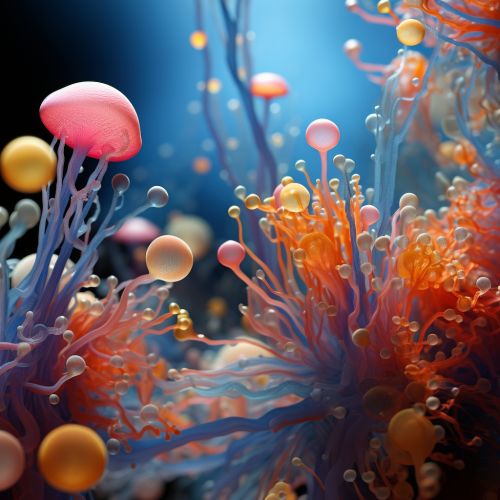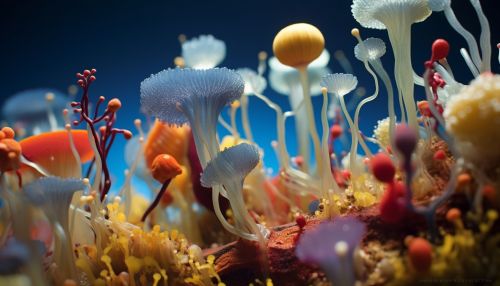The Role of Microbes in Bioenergy Production and Carbon Cycling
Introduction
Microbes, or microorganisms, play a crucial role in bioenergy production and carbon cycling. These tiny organisms, which include bacteria, archaea, fungi, and viruses, are capable of performing a wide range of biochemical reactions that are essential for the production of bioenergy and the cycling of carbon in the environment.


Microbial Role in Bioenergy Production
Bioenergy is a form of renewable energy derived from biological sources. Microbes play a central role in the production of bioenergy, particularly in the processes of anaerobic digestion, fermentation, and microbial fuel cells.
Anaerobic Digestion
Anaerobic digestion is a process in which microorganisms break down biodegradable material in the absence of oxygen. This process is used to manage waste and produce fuels. The end products of anaerobic digestion are biogas and digestate. Biogas, a mixture of methane and carbon dioxide, can be used as a source of renewable energy. Digestate can be used as a soil conditioner.
Fermentation
Fermentation is another process in which microbes are used to produce bioenergy. In this process, microorganisms such as yeast and bacteria convert sugars into alcohol, gases, and other byproducts. The alcohol produced through fermentation can be used as a biofuel.
Microbial Fuel Cells
Microbial fuel cells (MFCs) are devices that use bacteria to convert organic and inorganic matter into electricity. In an MFC, bacteria are used as the biocatalyst to oxidize organic and inorganic matter and generate an electric current.
Microbial Role in Carbon Cycling
Carbon cycling is the process by which carbon is exchanged between the biosphere, geosphere, hydrosphere, and atmosphere of the Earth. Microbes play a vital role in this process, particularly in the decomposition of organic matter and the sequestration of carbon.
Decomposition of Organic Matter
Microbes are primarily responsible for the decomposition of organic matter, a process that releases carbon dioxide into the atmosphere. This process is a crucial part of the carbon cycle, as it helps to maintain the balance of carbon in the environment.
Carbon Sequestration
Microbes also play a role in carbon sequestration, the process of capturing and storing carbon dioxide to mitigate global warming. Certain types of microbes, such as cyanobacteria and methanotrophs, are capable of capturing carbon dioxide and converting it into organic matter, effectively storing it in the soil or ocean.
Conclusion
Microbes play a crucial role in bioenergy production and carbon cycling. Their ability to perform a wide range of biochemical reactions makes them indispensable in these processes. As our understanding of microbial processes continues to grow, so too does the potential for harnessing these organisms for sustainable energy production and environmental management.
